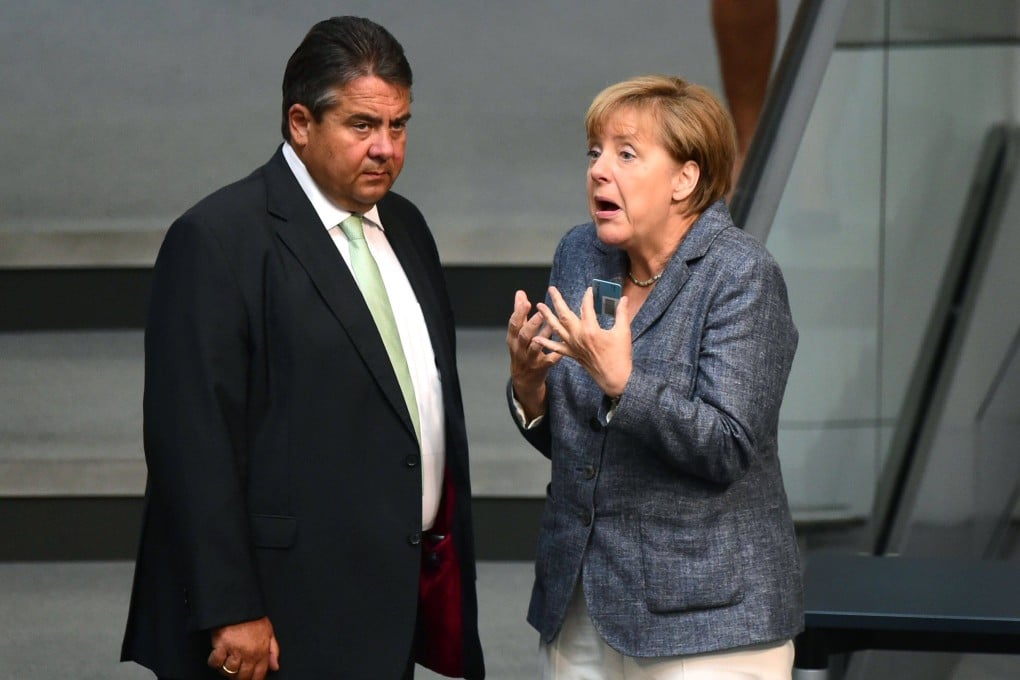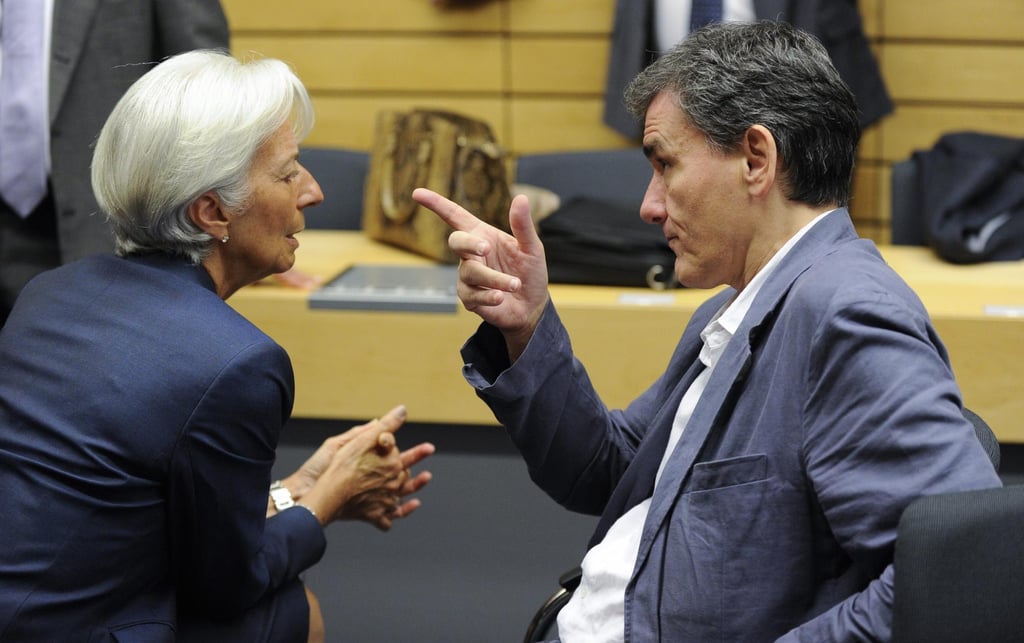Advertisement
Macroscope | As Angela Merkel prepares to bow out, who will hold the euro zone together?
- With growing discord over wealth disparities, hostility towards Brussels over the bungled Covid-19 vaccine roll-out and populist tendencies bubbling under the surface, there is a palpable sense of political divisions opening up again
Reading Time:3 minutes
Why you can trust SCMP
6

As German Chancellor Angela Merkel prepares to step aside after 16 years in office, Germany, Europe and the world are entering a new, more uncertain phase – one that will be significantly shaped by her legacy. But which one will it be?
Arguably Merkel came to the euro’s rescue in the wake of the 2008 crash and the European debt crisis. But she leaves office with Europe looking less united, facing economic uncertainties and showing greater rigidity towards the outside world.
With Europe’s political future looking less assured and Germany’s controlling grip on European policymaking slipping, Merkel’s departure from the political stage after the German federal elections in September will resonate across the markets. Europe’s single currency faces some serious tests ahead, and there will be potential reserve management headaches for large euro investors, especially China.
Merkel is a hard act to follow. She should always be remembered as the saviour of Europe’s economy and the euro for masterminding the bailout during the European sovereign debt crisis in 2010.
Initially reluctant to spend Germany’s hard-won riches on the affected peripheral euro zone member states of Greece, Ireland, Portugal and Spain, Merkel was finally spurred into action when she realised the extent of counterparty exposure by Germany’s banks to a mass credit default in Europe. If Europe’s financial system went down, then it would drag Germany down with it.

Without Merkel galvanising joint rescue with the European Union and the European Central Bank, history would have been a lot different. For this, the world owes Merkel a big debt of gratitude.
Advertisement
